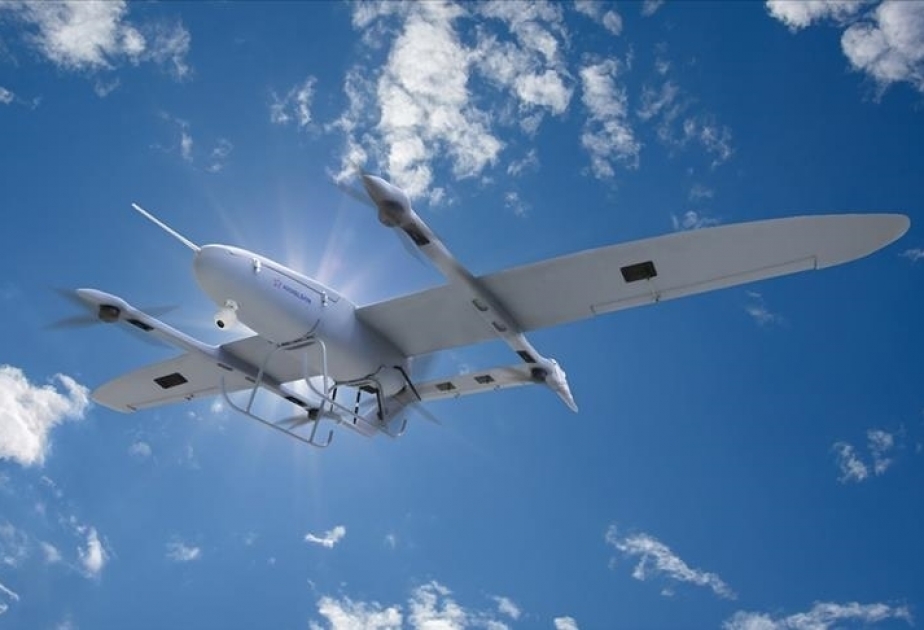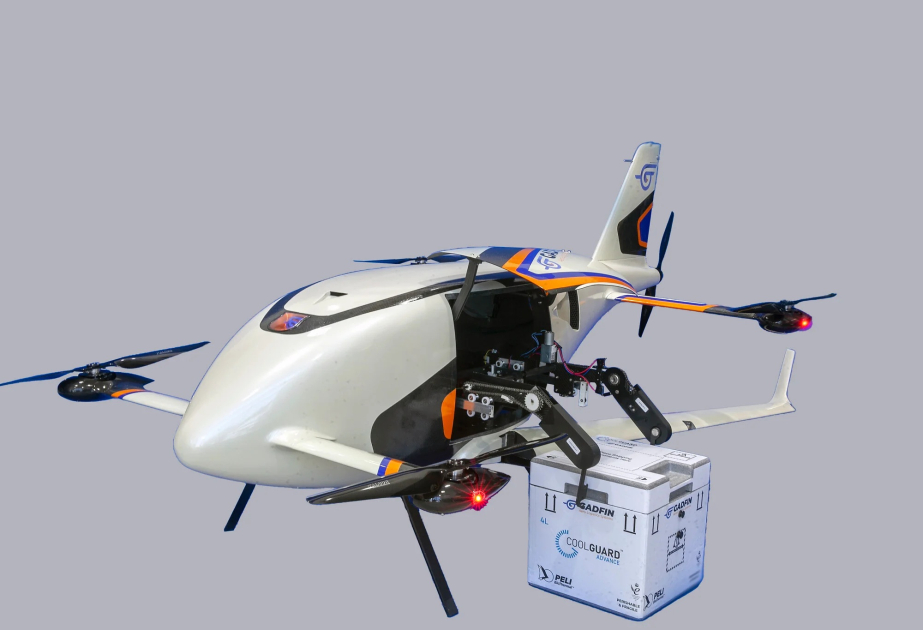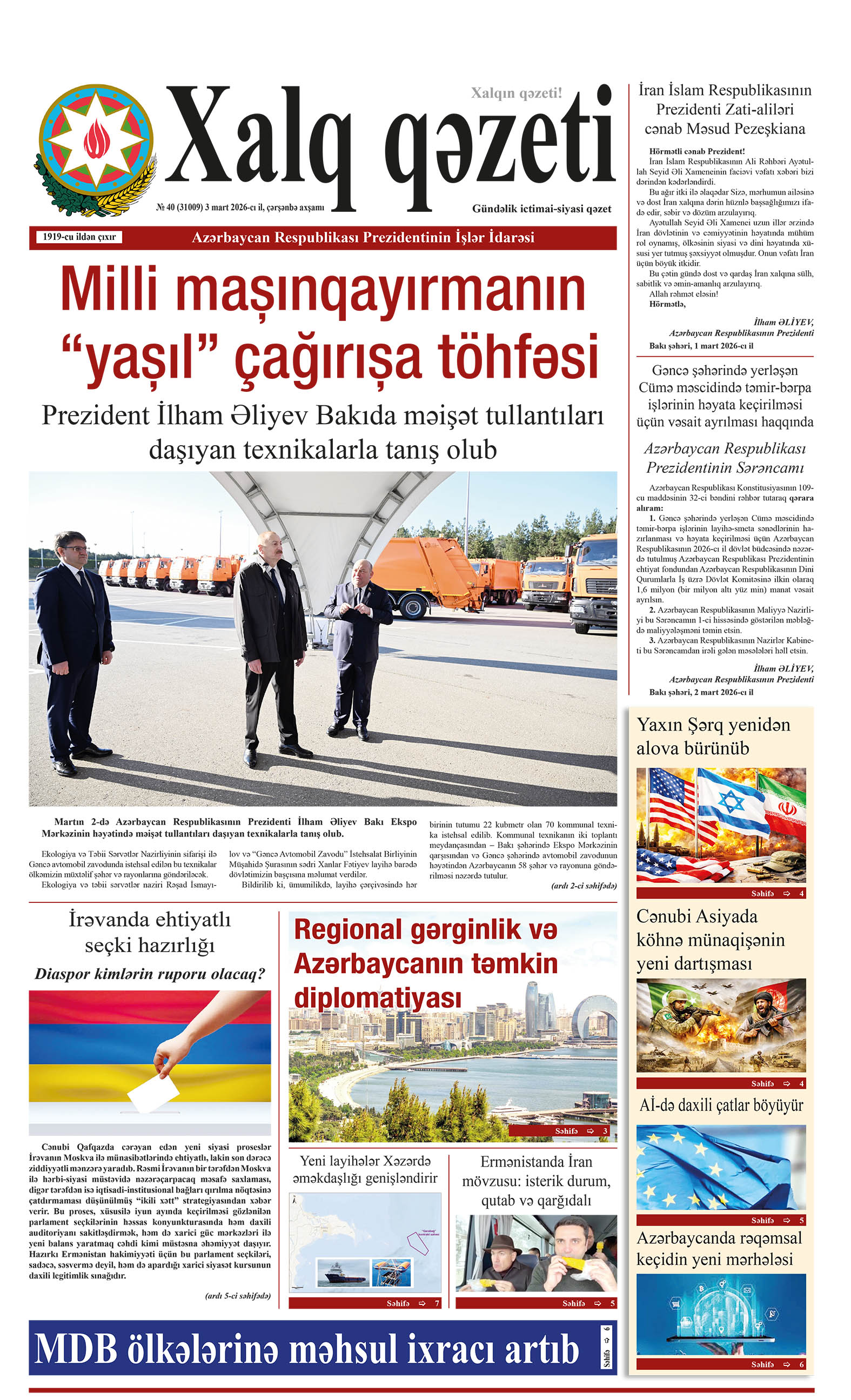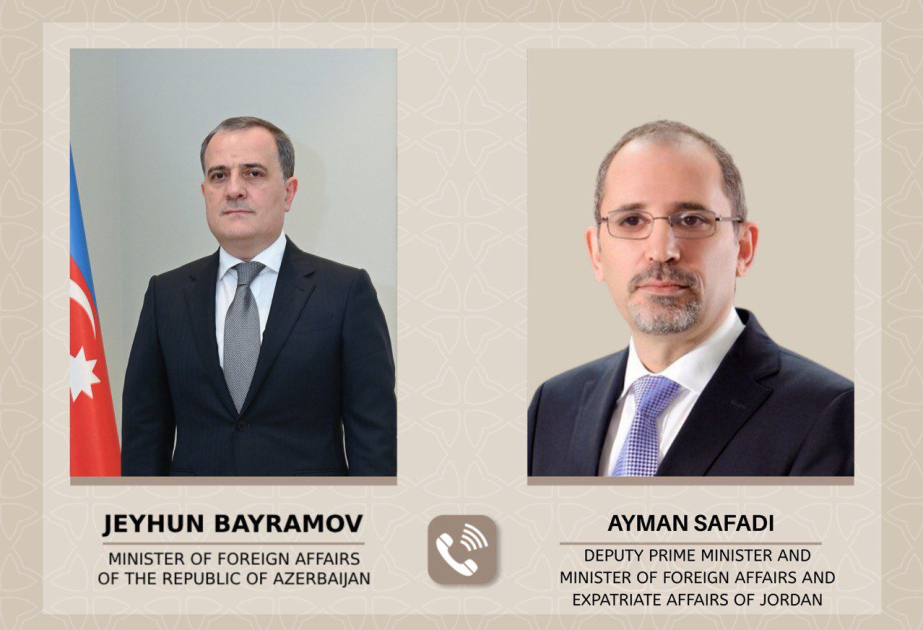The BAHA, an autonomous sub-cloud unmanned aerial vehicle (UAV) developed by Turkish defense company HAVELSAN, entered the inventory of the Turkish Armed Forces on Sunday, according to Anadolu Agency.
HAVELSAN, a software and systems company in the defense sector, has been developing unmanned land, air and sea vehicles within the scope of its "digital unity" concept, introducing unmanned systems such as the BARKAN unmanned ground combat vehicle and the BAHA unmanned aerial vehicle in the same year to address future operational needs domestically and internationally.
The BAHA, which has been developed to meet the needs of modern armies, was put into service after the completion of tests.
It is an independent sub-cloud UAV equipped with vertical take-off and landing capabilities, complete autonomy in mission execution, a modular structure facilitating the integration of diverse payloads, and numerous other advanced functionalities.
The BAHA serves as a vertically capable fixed-wing sub-cloud autonomous aircraft. It utilizes a petrol engine for horizontal cruising and employs electric motors for vertical takeoff and landing.
With the ability to execute missions at altitudes of up to 15,000 feet, the BAHA boasts a maximum flight duration of six hours with the petrol engine (two hours using an electric motor) and covers a range of up to 80 kilometers (49.7 miles).
In addition, it features a 5-kilogram (11-pound) payload capacity and a 3.7-meter (12-foot) wingspan. The system, designed for quick installation by two individuals and operation by a single person, can be mission-ready within minutes.
Tested in various regions, challenging climates, and operational conditions, the system has been improved based on feedback from security forces.
The BAHA can be used in various tasks such as tracking, detection, area protection, intelligence, electronic warfare, coastal and border security, energy transmission and oil-gas pipeline inspection, combating smuggling and terrorism, public order, narcotic plant detection, settlement thermal measurement, forest fire management, post-disaster assessment, bilge and environmental pollution detection, agricultural applications, and cartography.
Contributing to search and rescue efforts after earthquakes
The BAHA was utilized in search and rescue activities carried out after the February 2023 earthquakes in Türkiye’s Kahramanmaras province, providing image support to teams.
With its ability to perform sub-cloud flights, meeting the need for images in moments when obtaining images with UAVs was difficult due to adverse weather conditions, the BAHA contributed to obtaining initial information about inaccessible settlements.
HAVELSAN, achieving export successes in Africa and Central Asia with the BAHA this year, also made it available for use by security forces domestically after successful tests.



















